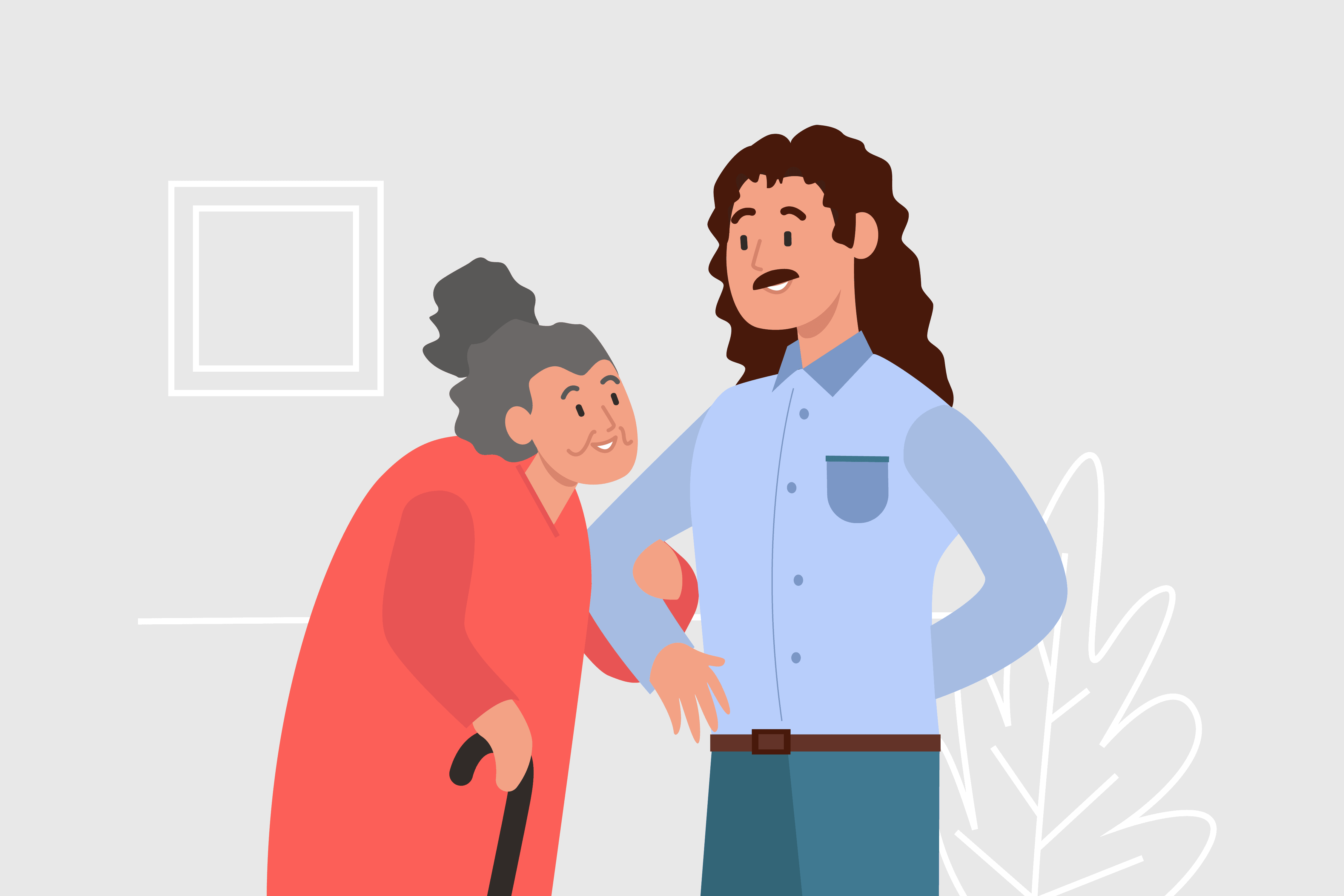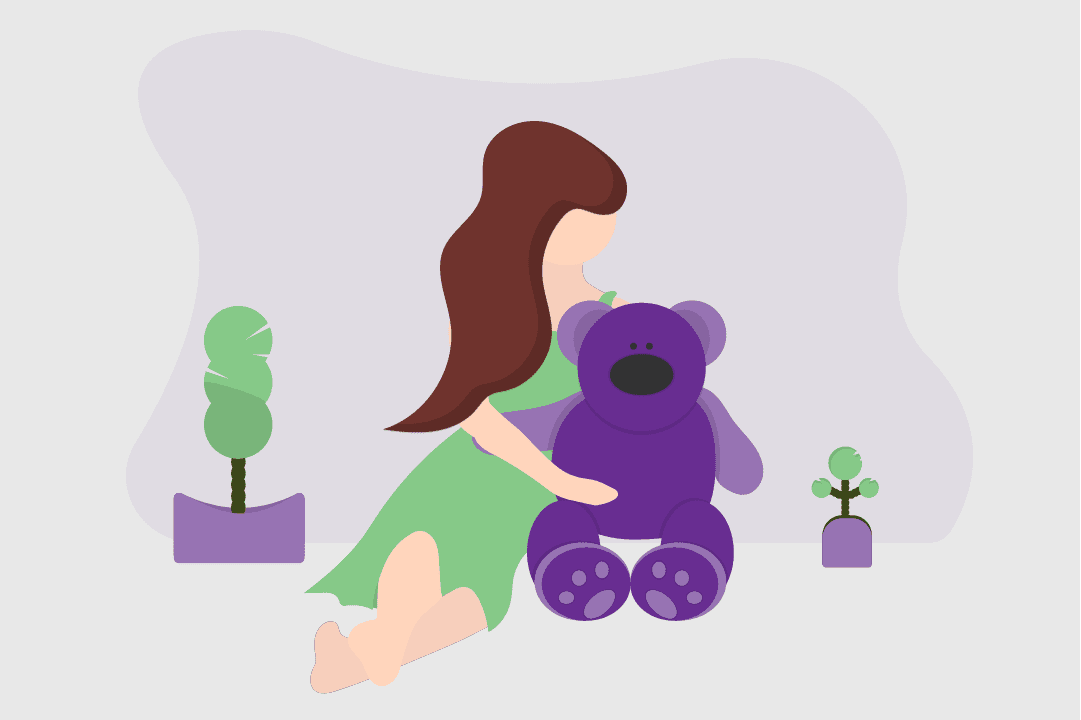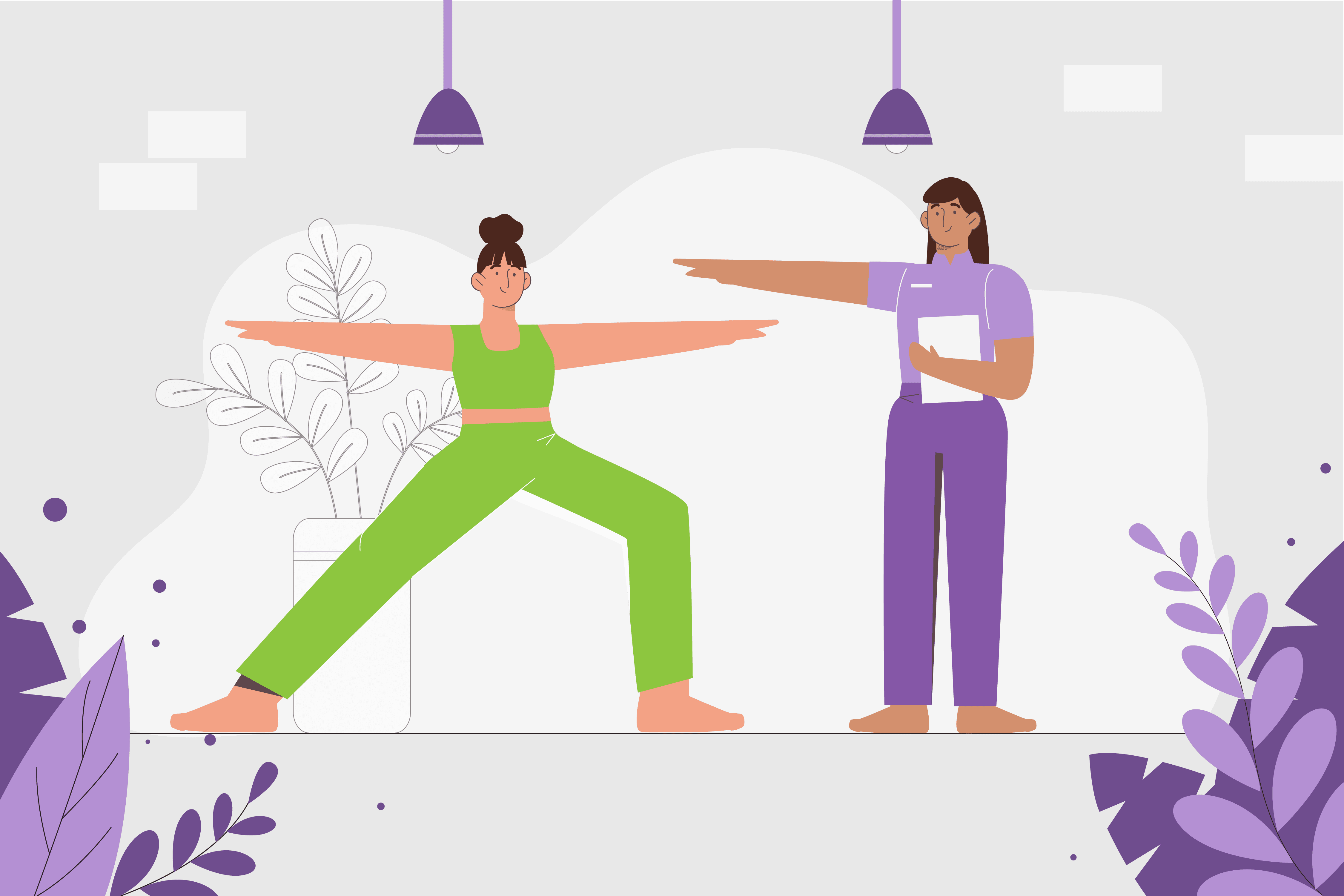Social worker job description
Let’s get real. Job information online can often be overly optimistic — conveniently glossing over the raw bits. But when you’re making decisions about your future, you need all the facts.
That’s why we anonymously surveyed social workers about their job, with hopes of getting an honest insight into what it’s really like.
While we did our best to ensure respondents were Australians and verified their job titles with proof of employment, we can’t guarantee complete accuracy — or that your experiences in the field will reflect theirs. So, we suggest that you take these insights as a guide only and try to talk to people in the field before making an important decision.
Tasks and responsibilities for a social worker
A social worker’s job description can change from day to day depending on their clients.
Their duties can include:
- Identify client needs
- Connect clients with relevant community or health services
- Provide advice and mediation to clients
- Strategise, develop and run projects in the community
- Provide advocacy for clients in situations of inequality or injustice
- Work in collaboration with related organisations and agencies to improve community systems and services
How to become a social worker
-
Study
As the minimum requirement to start work as a social worker, you must complete a Bachelor of Social Work through a registered training organisation. If you already have a degree in a related discipline, you can study a Master of Social Work program, which takes two years.
-
Join the AASW
The Australian Association of Social Workers is a community of over 14000 members. Joining allows you access to ongoing professional development and a range of products and services to help you evolve in your career as a social worker.
-
Get a Police Check and a Working with Children Check
In the recruitment process for jobs in community services, you are often required to have a police and working with children check performed, especially if you wish to work with a government or community agency.
Pathway options
A fulfilling and exciting role in social work could be exactly where you want to stay. But an entry-level position could open up many job opportunities and a chance to progress down new career paths.
Some pathways for you could be:
Junior
-
Support worker
Most common qualification: Certificate III in Community Services (CHC32015)
-
Volunteer coordinator
Most common qualification: Diploma of Community Services (CHC52015)
-
Youth support worker
Most common qualification: Diploma of Community Services (CHC52015)
Mid
-
Outreach worker
Most common qualification: Certificate IV in Mental Health (CHC43315)
-
Family support worker
Most common qualification: Certificate IV in Child, Youth and Family Intervention (CHC40313)
-
Community development officer
Most common qualification: Diploma of Community Development (CHC52115)
-
Youth worker
Most common qualification: Diploma of Youth Work (CHC50413)
-
Community corrections officer
Most common qualification: Certificate IV in Correctional Practice (CSC40120)
Senior
-
Community development manager
Most common qualification: Advanced Diploma of Community Sector Management (CHC62015)
-
Care manager
Most common qualification: Advanced Diploma of Community Sector Management (CHC62015)
Explore related qualifications
Certificate IV in Youth Work
Another pathway option, a Certificate IV in Youth Work (CHC40413) teaches skills in developing and facilitating programs for young people through a range of community-based programs.
The average course duration is one year, can be delivered online or in-class and involves a work placement unit.
You may be eligible for a government-subsidised fee, and payment plans are often available.
2 providers offer this course


Certificate IV in Alcohol and Other Drugs
A Certificate IV in Alcohol and Other Drugs (CHC43215) provides the skills and knowledge you need to provide services and interventions to clients with alcohol and other drugs issues.
Work in this field can include withdrawal services, rehabilitation services and outreach services under the guidance of senior practitioners and professionals.
The average course duration is one year, can be completed in-class or online and is eligible for government funding if you meet the requirements.
2 providers offer this course


Certificate IV in Allied Health Assistance
If you are not ready to take on a full-time degree, a Certificate IV in Allied Health Assistance (Community Rehabilitation) (HLT43015) provides the skills and knowledge for those who provide support to allied health professionals.
This qualification involves 120 hours of work experience and, on average, takes a year to complete. Coursework can be delivered online, on-campus or blended, and you may be eligible for fee assistance for course costs.
1 providers offer this course

Bachelor of Social Work
This degree provides the skills and knowledge for a career as a social worker.
The average time it takes to complete a Bachelor of Social work is four years full-time or part-time equivalent. Social work students are required to take industry-based placements under experienced social workers’ supervision. There are options for online or blended learning formats.
Most providers offer payment plan schedules, and you may be eligible for a government-subsidised fee. Enquire about a course to get more detailed information on entry requirements.
Related subjects
Jobs in community services come in many different shapes and forms. They all need a workforce of people who care about the community’s health and want to make a positive difference.
Some other careers to explore:
Related articles
If you love the sound of the social work profession and are keen to know more, plenty of resources are available. Take a deep dive into industry information as well tips on how to get your foot in the door:
Reviews
Reviews are from Australian workers with this job title or a very closely related one.
Is this your job title?
Share your thoughts and help people decide if this job is right for them.
- All
- Positive
- Negative
Samikshya
Sep 09 2021Overall rewarding job that has many benefits, helping people with disabilities.
What are the best parts of the job?
• Providing support to the people who have a permanent disability. • Empowering people, focusing on their strengths. • Communicating and working from a holistic approach. • Working with a multidisciplinary team in a multicultural environment. • Maximum outreach services to provide support to the people in community. • Meeting different people, listening their stories and assessing with proper a plan, implementation and review to achieve the goals.
What's the most challenging part?
• Situation handling • Communication is a challenging factor when English isn't your main language • Overwhelming and burnout as you have to listen pain, trauma and different stories. • Coordination with internal and external stakeholders • Liaising and working with the team
Divin
Sep 01 2021Satisfying and fulfilling role.
What are the best parts of the job?
I am very passionate about helping community and people in need. This jobs gives me satisfaction and fulfilment in my carreer.
What's the most challenging part?
Handling challenging behaviours from clients is the most difficult part of the job.
Pamela
Sep 01 2021Plenty of room to develop and further skills, but there's a lot of confronting information.
What are the best parts of the job?
I have a great team and opportunities to develop new skills.
What's the most challenging part?
Working with child abuse information becomes challenging and tiring.






















